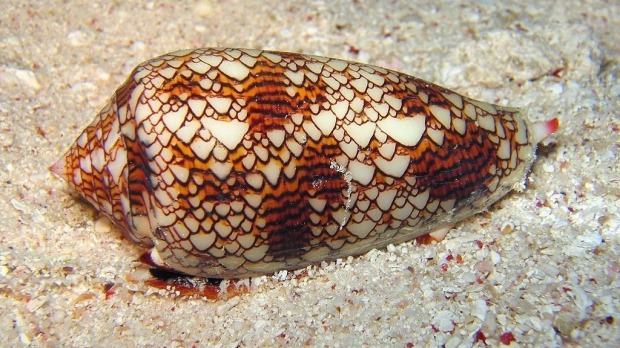A Queensland scientist has been given $1 million toward his bid to create a world where medicine literally grows on trees.
Chemist and structural biologist Professor David Craik is working towards a breakthrough that could see people sprinkling pharmaceutical sunflower seeds on their cereal instead of popping pills.
Your grandmother juggling half a dozen different tablets a day could drink a cup of tea made from leaves infused with heart disease medication instead of yet another pill.

More importantly, third world countries could see cheaper drugs grown on plants in fields or greenhouses instead of synthesised in the lab.
His plans are not as far-fetched as they sound.
Professor Craik and his team at the University of Queensland’s Institute for Molecular Bioscience has already created a designer pain relief drug by combining peptides from the venom of a cone snail with circular peptides from the arabidopsis plant, a type of cress, which had positive results in animal testing.
“It’s basically discovering molecules in plants, redesigning them for pharmaceutical purposes, then using other plants as production factories to produce these things so that we’ll be able to potentially produce medicines more cheaply,” he said.
Proteins are long chains of amino acids, the most commonly known of which is insulin.
A peptide is similar to a protein in many ways and made from much fewer amino acids but much larger than the small molecules making up drugs such as paracetamol.
The larger size is a double advantage, making the mini-proteins both more potent and more easily modifiable to focus on one particular target, reducing side effects.
The work could have huge impacts for medicine in the third world, where many regions remain wracked by diseases such as HIV/AIDS because although effective drugs exist, they’re too expensive.
While larger and more potent than small molecules, peptides and other proteins are generally unstable and quickly destroyed by the body’s digestive system.
But the discovery of more stable peptides that looped back on themselves, known as cyclotides, and weren’t so easily consumed by enzymes in the body was a major breakthrough.
“We think peptides are the future of drugs for reasons of being more selective, more potent and potentially safer, because when a peptide eventually breaks down it just breaks down into amino acids and amino acids are food basically,” Professor Craik said.
“Our bodies have evolved for using peptides for a whole range of purposes, like there is neurotransmitters and hormones.
“Our whole physiology is built on peptides so in my opinion the applications are pretty broad and we’re looking at examples with cancer and cardiovascular disease and multiple sclerosis and pain.”
On Tuesday night Professor Craik received $1 million to establish the Clive and Vera Ramaciotti Facility (CVRF) for Producing Pharmaceuticals in Plants.
The Ramaciotti Foundation has previously helped fund early work by cochlear implant inventor Professor Graham Clark and cervical cancer vaccine creator Professor Ian Frazer.
Professor Craik said his work was still between five and 10 years away from being approved for use on a large scale.
